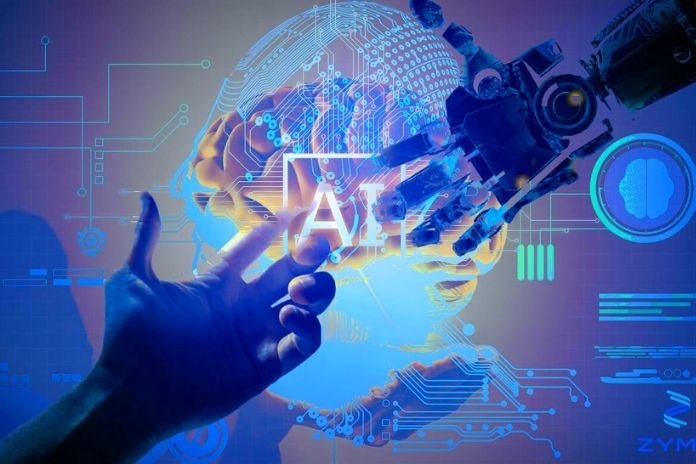What is the function of artificial intelligence in the digital world? First of all, it should be noted that artificial intelligence on the Internet is hardly visible to the layperson. Many companies also avoid using the term, even if their products work with artificial intelligence. Because as great as the fascination for AI is, its reputation is sometimes bad. Consumers are often skeptical about AI technologies in everyday life. In addition, it is sometimes difficult to say when a technical achievement is to be classified as “intelligent” – the fluid transitions between the forms of application and the different definitions of artificial intelligence often confuse this regard.
However, with the increasing spread of language assistants, more and more people are likely to get used to AIs. But there are also many applications in the network world in which AI technologies play a decisive role.
Techniques And Areas Of Application
- Machine Learning: Machine learning means that an artificial system gathers knowledge from experiences. This learning data enables the system to recognize patterns and regularities. Machine learning uses both symbolic and neural artificial intelligence.
- Deep Learning: Deep learning is a subclass of machine learning that works exclusively with neural AI and artificial neural networks. Deep learning is the basis of most current AI applications.
- Visual Classification: It is used to develop object recognition, face recognition, symbol recognition, and text recognition.
- Auditory Classification: It is used to develop speech recognition and sound recognition.
- Social Computing: In social computing, diverse online content (e.g., social networks, online games, blogs, or wikis) is analyzed. The results are used to derive patterns and rules for social behavior. Social computing can then be used to develop artificial social agents.
Opinion Analysis: “Opinion mining” (also “sentiment analysis”) describes methods with which the web is searched for opinions and feelings expressed by users. The data obtained in this way is used to determine the idea of users on specific topics, events, and personalities. Opinion mining also enables customer concerns to be processed automatically and treated in a personalized manner.
- Customer Service (telephone, web) And Digital Assistants: AI developments play a significant role in the service sector. Speech recognition software, in particular, works with artificial intelligence.
- Search Algorithms: Artificial intelligence is one of many components used to optimize search algorithms. Their importance for the ranking is constantly increasing.
- Crawler: Crawlers are used by search engines, among other things, to comb the web for information. An index is then built using this information. A crawler learns from examples and can derive relevant conclusions from them.
- Computer Vision Systems: Machine vision, especially face recognition, is often used in security technology, for example, in road traffic or to monitor public places. But they also use services like Facebook to recognize their users better and better. Facebook can now select a specific face from millions of photos within seconds – even if it’s not looking directly at the camera.
- Virtual Actors And Bots: In the development of computer games, AI allows virtual players to act more humanly. So-called bots are being developed to simulate human activity on the Internet. Social bots, in particular, act artificially intelligently.
- Group Simulation: Using artificial intelligence, complex behavior patterns of groups of people can be predicted. This is used in developing computer games and security technology or the analysis of viral dynamics.
How artificial intelligence works for rankings does not fundamentally differ from classic algorithms. AI-supported algorithms don’t necessarily work differently, but above all, they are more efficient and accurate – they register more of what is relevant for Internet users. Guiding the development of AI technology in a beneficial direction is likely to become the central task of society in the coming years and decades.
Also Read: Risks From Big Data In The Company
